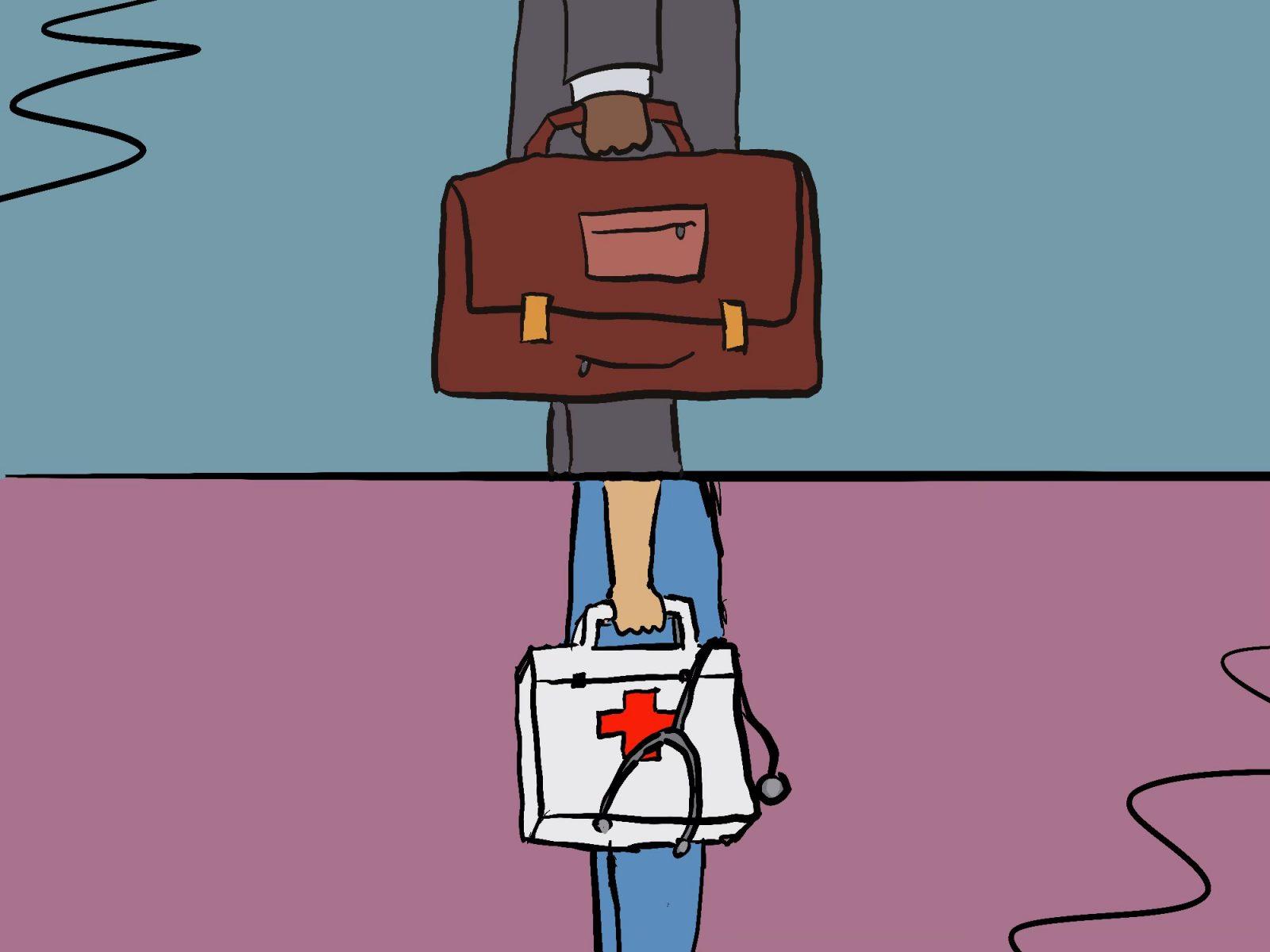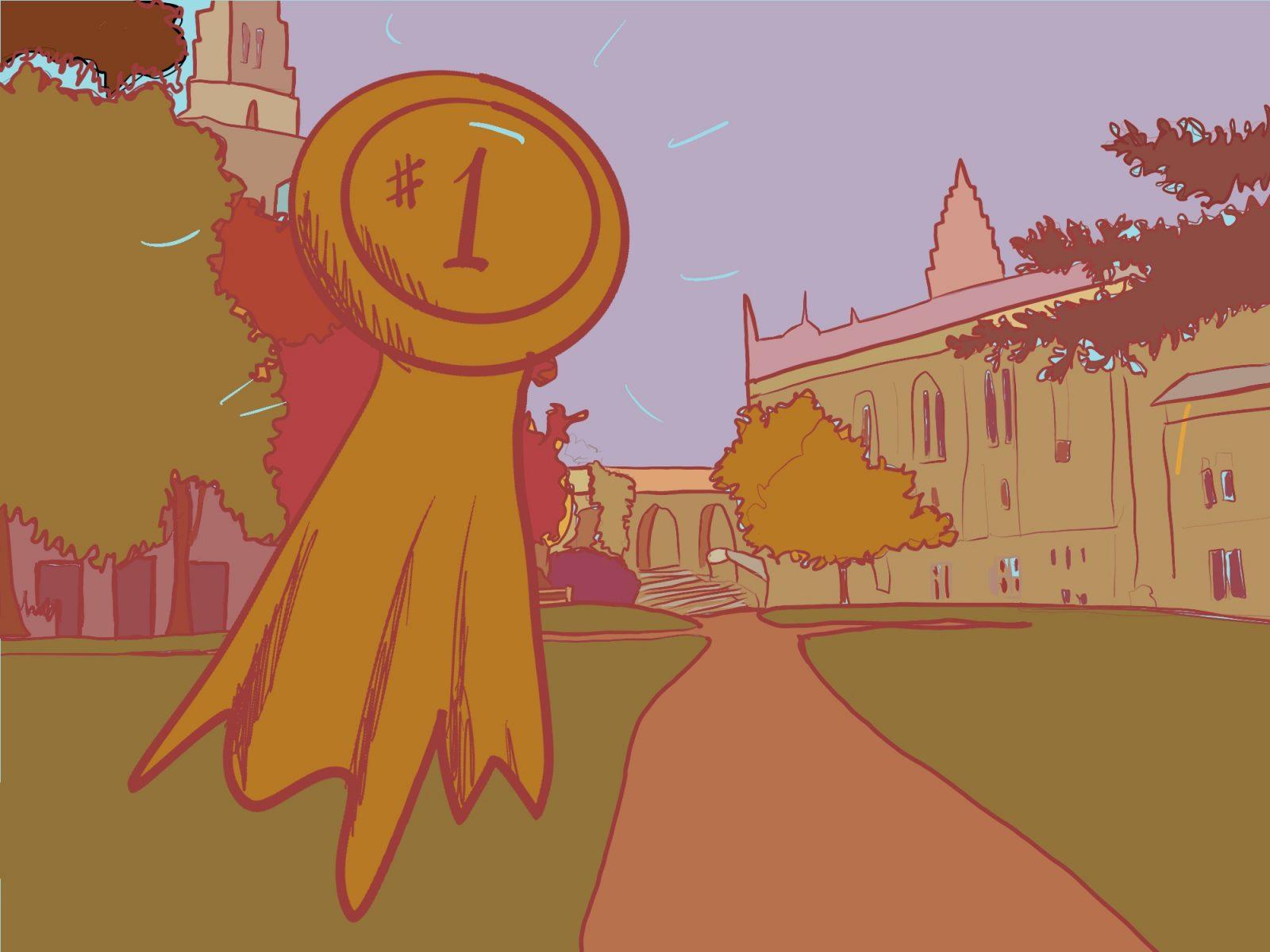“I’m thinking about how much it costs to sustain my presence here.”
Those were the words of one of my closest friends here at BU. She’s applying to state schools in her native California for transfer next year. Why?

It costs less for my friend to go back home and attend somewhere like the University of California, Berkeley or the University of California, Los Angeles. Both are excellent schools with reputations at least on par, if not better, than BU’s. She came to BU to get away from California, but what is the actual cost of moving back home compared to annual undergraduate tuition of around $60,000 which will increase yearly?
Costs totaling $60,000 is an underestimate. For the 65% of students living on campus, additional costs for housing, fees and meal plans must be factored into the final going rate to attend BU — around $83,278 with the most affordable housing options and meal plan.
This shouldn’t be the norm for private universities across the United States, but in all reality, it just is. Direct tuition and fees at New York University amount to $84,540. In the West, at the University of Southern California, the figure is $87,437. The South isn’t much better than any of these places, with Emory University costing $79,746.
My friend does not qualify for need-based aid, but ultimately, $300,000 to $400,000 in college tuition over the course of four years is bound to be a heavy burden for a majority of families to bear, even those who don’t qualify for financial aid. If you are a student whose household income and assets just meet the threshold where the college decides that you can afford full tuition, that figure means much, much more to you than someone whose situation is far above that line.
It’s an issue for students everywhere. For state schools, funding and budgets have declined, leading to increases in tuition for both in-state and out-of-state students. College is more unaffordable than ever. And it begs the question: Is it even worth it?
The simple answer is no. College is not worth the sticker price that institutions put on it. The only thing “worth” $80,000 is the intangible name recognition and reputation that comes with higher education. Yes, most private universities have more resources and potentially higher-quality education, but most students and their families are shelling out that level of money for prestige. The actual increased worth of private college compared to a state school does not amount to the tens of thousands of dollars it is meant to be.
And despite all this, children and parents validate the system by putting money into it. What other choice is there? Parents want their children to succeed at the highest level possible. Children want to move away from home and expand their horizons. For some, an investment in the future becomes a ball and chain of debt that they must carry for the rest of their lives. What should be a testament to progress is a cover-up for the burden many will bear. No one happily gives up thousands of dollars into the void, and universities continue inflating tuition because they know that people will pay up and buy into the system — no matter what.
Of course, all of these institutions have a plethora of student financial resources, from scholarships to loan options to need-based financial aid. But there aren’t many who are fortunate enough to be granted scholarships or an affordable financial aid package, seeing as only about 40% of BU’s undergraduate population qualified for need-based aid in Fall 2021.
If colleges want to claim that they support diversity, equity and inclusion, maybe they should consider how the price to attend simply isn’t worth it for people at most income levels. There is no way to advocate for any of that when you consistently make the educational opportunities that people want less and less accessible. When a majority of students don’t even qualify for need-based aid, the institution is selecting for higher-income individuals in some way — maybe it’s because those students have inherent advantages as a product of their familial wealth, or there is a plain lack of truly need-blind consideration. And with the repeal of affirmative action this past summer, I am wary as to whether the situation will worsen.
There is room for criticism for every university that self-arbitrates tuition hikes each year and a system that prevents so many students from joining their communities.
The fact of the matter remains that, despite what colleges might claim, they are not promoting an all-inclusive environment for students. Wealth disparity is systemically ingrained in many universities, and it is apparent in every statistic available.
While BU and other schools with high tuition rates have made progress in these departments, there is more to the story than the actions they have taken or just this article.
No one should be disbarred from an education they want because of circumstances they cannot control.
































































































































